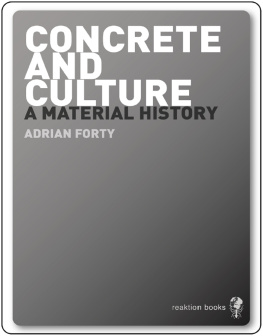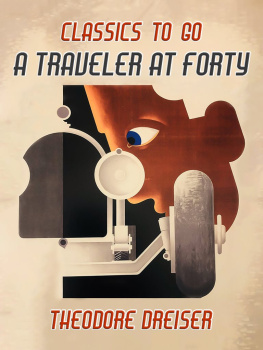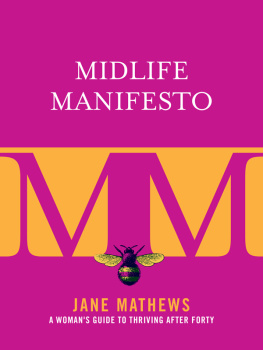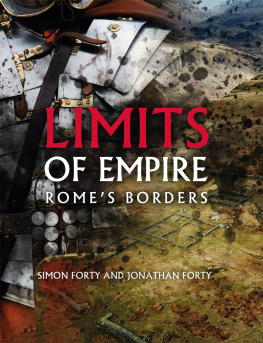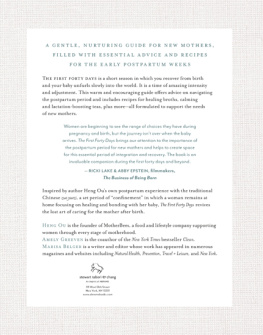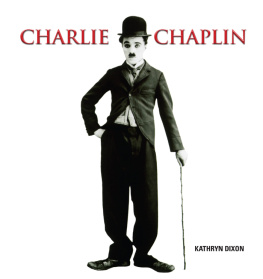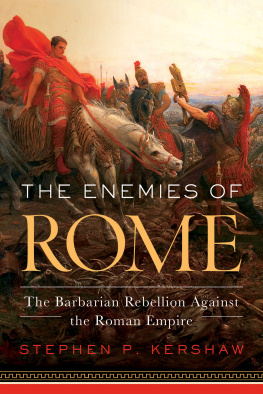OXFORD WORLDS CLASSICS
ROMES MEDITERRANEAN EMPIRE
BOOKS FORTY-ONE TO FORTY-FIVE
AND THE PERIOCHAE
TITUS LIVIUS (LIVY), the historian, was born in Patavium (modern Padua) in 64 or 59 BCE and died in 12 or 17 CE in Patavium, surviving therefore into his late seventies or early eighties. He came to Rome in the 30s BCE and began writing his history of Rome not long after. There is no evidence that he was a senator or held other governmental posts, although he was acquainted with the emperor Augustus and his family, at least by his later years. He appears to have had the means to spend his life largely in writing his huge history of Rome, Ab Urbe Condita or From the Foundation of the City, which filled 142 books and covered the period from Romes founding to the death of the elder Drus us (7539 BCE). Thirty-five books survive: 110 (753293 BCE) and 2145 (218167 BCE).
JANE D. CHAPLIN is Professor of Classics at Middlebury College, Vermont, and author of Livys Exemplary History (2000).
OXFORD WORLDS CLASSICS
For over 100 years Oxford Worlds Classics have brought readers closer to the worlds great literature. Now with over 700 titlesfrom the 4,000-year-old myths of Mesopotamia to the twentieth centurys greatest novelsthe series makes available lesser-known as well as celebrated writing.
The pocket-sized hardbacks of the early years contained introductions by Virginia Woolf, T. S. Eliot, Graham Greene, and other literary figures which enriched the experience of reading. Today the series is recognized for its fine scholarship and reliability in texts that span world literature, drama and poetry, religion, philosophy, and politics. Each edition includes perceptive commentary and essential background information to meet the changing needs of readers.
Refer to the to navigate through the material in this Oxford Worlds Classics ebook. Use the asterisks (*) throughout the text to access the hyperlinked Explanatory Notes.
OXFORD WORLDS CLASSICS

LIVY
Romes Mediterranean Empire
Books Forty-One to Forty-Five and the Periochae

Translated with an Introduction and Notes by
JANE D. CHAPLIN


Great Clarendon Street, Oxford OX2 6DP
Oxford University Press is a department of the University of Oxford.
It furthers the Universitys objective of excellence in research, scholarship,
and education by publishing worldwide in
Oxford New York
Auckland Cape Town Dar es Salaam Hong Kong Karachi
Kuala Lumpur Madrid Melbourne Mexico City Nairobi
New Delhi Shanghai Taipei Toronto
With offices in
Argentina Austria Brazil Chile Czech Republic France Greece
Guatemala Hungary Italy Japan Poland Portugal Singapore
South Korea Switzerland Thailand Turkey Ukraine Vietnam
Oxford is a registered trade mark of Oxford University Press
in the UK and in certain other countries
Published in the United States
by Oxford University Press Inc., New York
Jane D. Chaplin 2007
The moral rights of the author have been asserted
Database right Oxford University Press (maker)
First published as an Oxford Worlds Classics paperback 2007
All rights reserved. No part of this publication may be reproduced, stored in a retrieval system, or transmitted, in any form or by any means, without the prior permission in writing of Oxford University Press, or as expressly permitted by law, or under terms agreed with the appropriate reprographics rights organization. Enquiries concerning reproduction outside the scope of the above should be sent to the Rights Department, Oxford University Press, at the address above
You must not circulate this book in any other binding or cover
and you must impose this same condition on any acquirer
British Library Cataloguing in Publication Data
Data available
Library of Congress Cataloging in Publication Data
Livy.
[Ab urbe condita. Liber 4145. English]
Romes Mediterranean empire: books forty-one to forty-five, and the Periochae / Livy; translated
with an introduction and notes by Jane D. Chaplin.
(Oxford worlds classics)
Includes bibliographical references and index.
1. RomeHistory. 2. Livy.Translations into English. I. Chaplin, Jane D.,
1964II. Titi Livi periochae. English III. Title.
PA6452. A9C48 2007 937.02dc22 200701507
ISBN-13. 9780192833402 (alk. paper)
Typeset by Cepha Imaging Private Ltd., Bangalore, India
Printed in Great Britain
on acid-free paper by
Clays Ltd, St Ives plc.
ISBN 9780192833402
1 3 5 7 9 10 8 6 4 2
IN MEMORIAM
Eve Adler
INTRODUCTION
Livys Life and Work
As is the case with many ancient authors, no one bothered to write a biography of Livy (59 BCE17 CE). These bits and pieces of information have led to the general view that Livy moved to Rome at some point, became known to the imperial family through his writing, and returned to Padua before his death.
Livy is unusual among Roman historians for having played no role in public life, either the army or politics. Instead, he seems to have dedicated himself to writing. His philosophical works and an essay on style addressed to one of his sons are now lost,
Livys history of Rome is known in Latin as Ab Urbe Condita (From the Foundation of the City) and originally consisted of 142 books (the longest is about sixty-five pages in English). He begins with Aeneas flight to Italy after the Trojan War. Book 120 ends in 43 BCE with the death of Cicero, which may originally have been intended as the conclusion. Livy eventually went at least as far as 9 BCE; the death of Augustus stepson Drusus in that year was included in Book 142. Of the original work, Books 110 and 2145 survive. The rest were lost before the manuscripts of late antiquity and the Middle Ages were published in modern book form during the Renaissance. Almost the entirety of Ab Urbe Condita, however, is preserved in summaries. Within a century of Livys death, there was at least one abbreviated version in circulation. Currently, two sets of summaries are known: one, referred to as the Periochae and varying in length from a few pages to a few sentences per book, covers all but Books 136 and 137; the second, the Oxyrhynchus epitomes, is incomplete and fragmentary. The present translation contains what remains of Books 415 and the Periochae.
Ancient Historical Writing
To appreciate Livys work, it helps if we understand the differences between ancient and modern historical writing. As a genre of literature, ancient historiography had distinct conventions. For example, it was acceptable and even expected that the historian would craft speeches for his historical actors, despite neither having heard them nor having any transcript of their words. Further, there are no footnotes or bibliographies; in fact, ancient historians tend to note their sources (if at all) only when they disagree with them or when the sources themselves are in conflict. The kind of archival work done by professional historians now did not play a prominent part in ancient historical research; classical historians relied on written accounts, testimony of eyewitnesses, their own experiences, monuments, tradition, and the occasional document, in varying degrees. Furthermore, for the Romans, the very nature of historical writing was different: history was moralistic and didactic; it was supposed to teach, and its readers were supposed to learn, not just what happened, but how to behave in similar situations.
Next page

